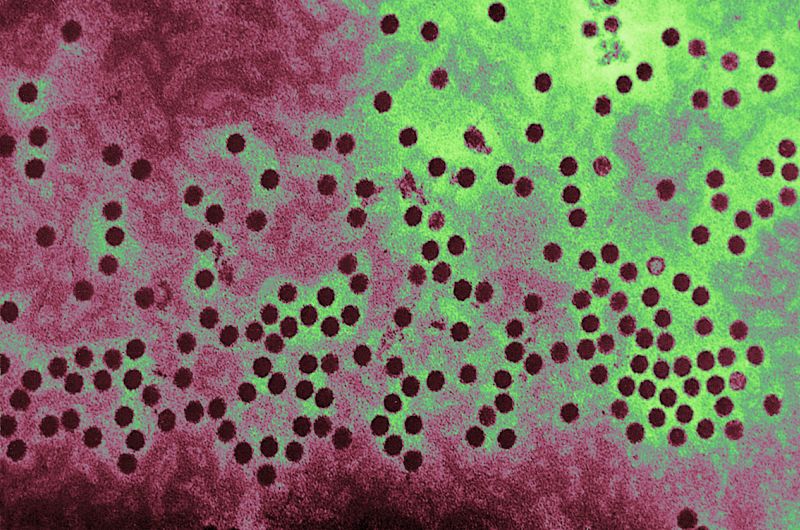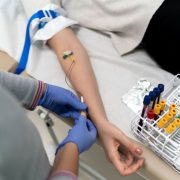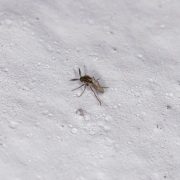A seasonal respiratory virus named parvovirus B19 – sometimes also called fifth disease – is increasing in activity, the US Centers for Disease Control and Prevention warned Tuesday.
Parvovirus B19 is a common virus spread by respiratory droplets. Antibodies from infection are believed to help protect against reinfection, the CDC says; about half of US adults have detectable levels of these antibodies by age 20, and more than 70% have antibodies by 40. People in occupations with close contact with children, such as schools and day cares, tend to be at higher risk of infection.
As with many other respiratory illnesses, efforts to prevent the spread of Covid-19 during the pandemic dramatically lowered parvovirus B19 infections, with a corresponding loss of immunity.
The CDC warned in a Health Alert Network advisory Tuesday that it has received reports of higher test positivity rates recently, as well as clusters of complications among people at high risk of severe illness. The proportion of people with antibodies indicating recent infection, which fell below 3% during 2022-24, reached 10% in June, with the highest increase among children ages 5 to 9.
The CDC says it has also received anecdotal reports of higher-than-expected case counts among pregnant people, including complications such as severe fetal anemia or miscarriage, and increases in aplastic anemia in people with sickle cell disease.
Many people who catch parvovirus B19 don’t have symptoms, but those who do will typically notice two phases of illness. In the first phase, which begins about a week after infection, they develop symptoms such as fever, muscle aches and malaise that last about five days. This is when people are most contagious.
During the second phase of illness, which begins a week or so later, children usually develop a hallmark facial rash often called a slapped cheek rash, followed by a body rash or joint pain. Adults often have a rash on the trunk and joint pain.
Parvovirus can cause severe complications in certain groups. People with chronic hemolytic conditions like sickle cell disease or those with severely weakened immune systems may develop aplastic anemia, a rare and life-threatening blood disorder. Among pregnant people, about 5% to 10% of cases can result in adverse fetal outcomes such as anemia, hydrops or miscarriage.
- Sign up here to get The Results Are In with Dr. Sanjay Gupta every Tuesday from the CNN Health team.
There’s no vaccine for parvovirus and no specific treatment other than easing symptoms. Most infections will clear up on their own.
As cases rise, the CDC recommends that everyone follow general precautions for preventing the spread of respiratory illness, such as washing hands frequently, keeping common surfaces clean and covering your mouth and nose when you cough or sneeze. If you develop symptoms, stay away from other people until they improve and you have been fever-free for at least 24 hours without medication.
If you are pregnant, have a weakened immune system or have a chronic hemolytic disorder, the agency says you may want to wear a mask around other people, and get medical care right away if you develop symptoms.





